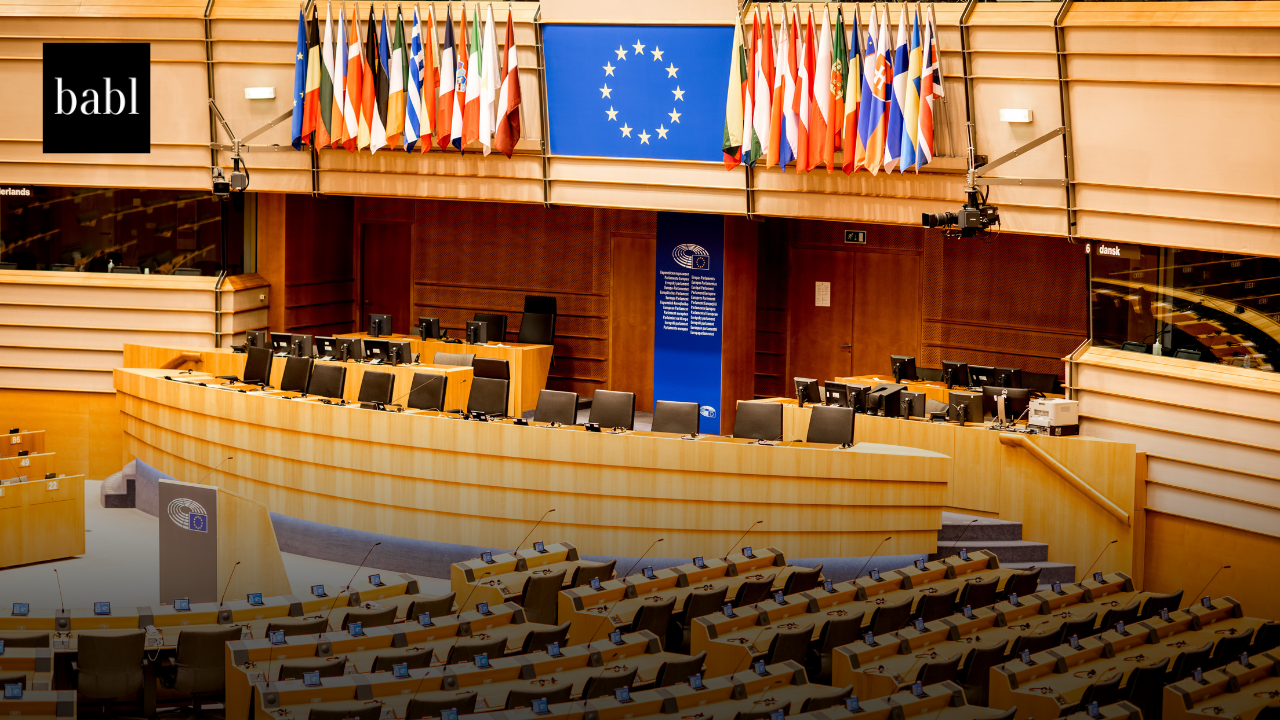UPDATE — SEPTEMBER 2025: The European AI Office has advanced from drafting to implementation of the General-Purpose AI (GPAI) Code of Practice, a central tool for guiding providers of large-scale AI models. The first draft, published in September 2024, went through months of stakeholder discussions before the finalized Code was released in April 2025 and formally endorsed by the European Commission in May.
The Code establishes standards for transparency, systemic risk management, copyright practices, and scaled compliance for small- and medium-sized enterprises. It introduces standardized disclosure templates—such as model cards aligned with ISO/IEC work—and proportionate obligations to ensure startups can comply without prohibitive costs. For open-source AI, the Code exempts certain obligations but still expects disclosures where systemic-risk thresholds are met.
By July 2025, the Commission had begun monitoring how major model providers—including OpenAI, Google DeepMind, Anthropic, Mistral, and Aleph Alpha—were applying the Code’s provisions. This monitoring process treats the Code as a “bridging instrument” until the EU AI Act’s GPAI obligations become legally binding in August 2026. Providers are being urged to adopt risk assessment and stress-testing protocols voluntarily ahead of enforcement.
The AI Office is also testing the Code’s practicality with compliance workshops targeted at SMEs, start-ups, and universities. These sessions aim to validate whether proportionate obligations and exemptions work as intended. Meanwhile, international alignment has been prioritized: the Office is incorporating inputs from the G7 Hiroshima AI Process and OECD AI Principles into planning for a second iteration of the Code.
Key substantive changes since the draft include stronger systemic risk controls for models trained above 10^25 FLOPs, clarified copyright provenance statements, and expanded technical benchmarks for model evaluation and red-teaming.
ORIGINAL NEWS STORY:
EU Releases First Draft of General-Purpose AI Code of Practice, Inviting Stakeholder Feedback on AI Governance Standards
The European AI Office has released the first draft of the General-Purpose AI Code of Practice, marking a critical milestone in the ongoing effort to establish clear standards for the development and deployment of AI across the European Union. Crafted by independent experts, this draft will be discussed with over 1,000 stakeholders in a series of collaborative meetings aimed at refining the Code for a final version due in April 2025. This Code, focused on guiding general-purpose AI model providers, forms part of the EU’s broader regulatory framework under the recently enacted AI Act, which came into force in August 2024.
The initial draft was developed through contributions from various experts serving as Chairs and Vice-Chairs of four thematic working groups, each focusing on a specific area of AI governance. The drafting process drew on best practices from both European and international approaches, providing an important foundation for what will ultimately be a practical framework for managing AI risks and promoting transparency.
This draft reflects a phased approach to its development, with four iterative rounds of revision planned before the final version. In presenting this first draft, the Chairs and Vice-Chairs outline guiding principles, objectives, and foundational standards that will be further shaped by ongoing feedback. The draft not only includes open questions to steer discussions but also highlights potential performance metrics and risk assessment criteria, setting the stage for a structured, risk-based approach to AI governance.
Among the key objectives, the Code aims to promote transparency in AI operations, establish copyright standards, and create a taxonomy of risks for the most advanced general-purpose AI models. The final document is expected to provide risk assessment guidelines, technical safeguards, and governance measures for a select group of advanced AI models that may pose systemic risks. Additionally, it will feature specific provisions to support small- to medium-sized enterprises (SMEs) and start-ups, ensuring that compliance measures are appropriately scaled to the provider’s size and operational scope. Exemptions are also expected to be included for open-source AI models, aligning with the EU AI Act’s recognition of the need for flexibility in AI model development.
The upcoming Code of Practice Plenary will facilitate direct engagement with stakeholders, allowing representatives from EU member states, international observers, and industry participants to share insights and feedback. Each of the four working groups will meet on separate days, with the Chairs updating participants on recent developments and inviting remarks. On Friday, November 22, the Chairs will present key takeaways from these discussions in a plenary session, ensuring that feedback from a diverse range of voices is incorporated into the Code’s next iteration.
In addition to the in-person discussions, the draft is available to stakeholders through the European AI Office’s Futurium platform, where written feedback can be submitted until November 28. This dual approach—both real-time discussions and online submissions—reflects the AI Office’s commitment to inclusive engagement, ensuring the Code reflects the practical needs and concerns of all relevant parties.
The AI Office has also published a dedicated Q&A to help stakeholders navigate the complexities of the AI Act as they pertain to general-purpose AI. This resource clarifies the regulatory framework underpinning the Code, aiding stakeholders in understanding both the Act’s specific requirements and the broader regulatory vision that guides the Code’s development.
Once finalized, the General-Purpose AI Code of Practice will serve as a central pillar in the EU’s strategy to regulate AI responsibly. It will establish comprehensive standards for transparency, risk management, and compliance that can adapt to the rapid evolution of AI technology, promoting safe and ethical AI practices across the European Union.
Need Help?
If you have questions or concerns about any global guidelines, regulations and laws, don’t hesitate to reach out to BABL AI. Their Audit Experts can offer valuable insight, and ensure you’re informed and compliant.





